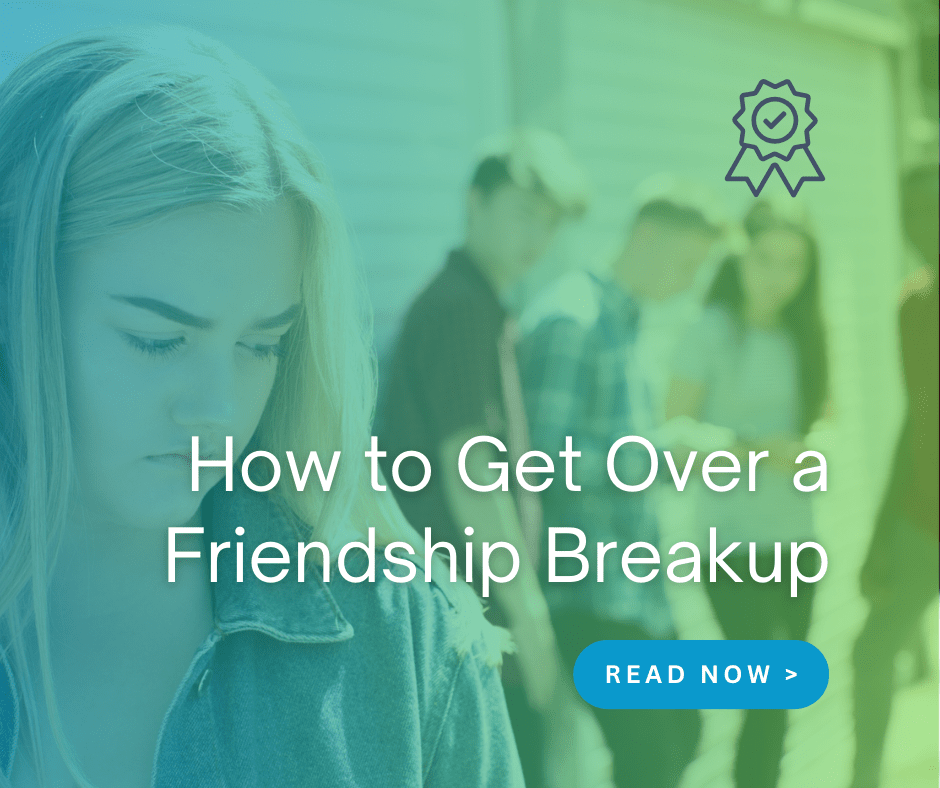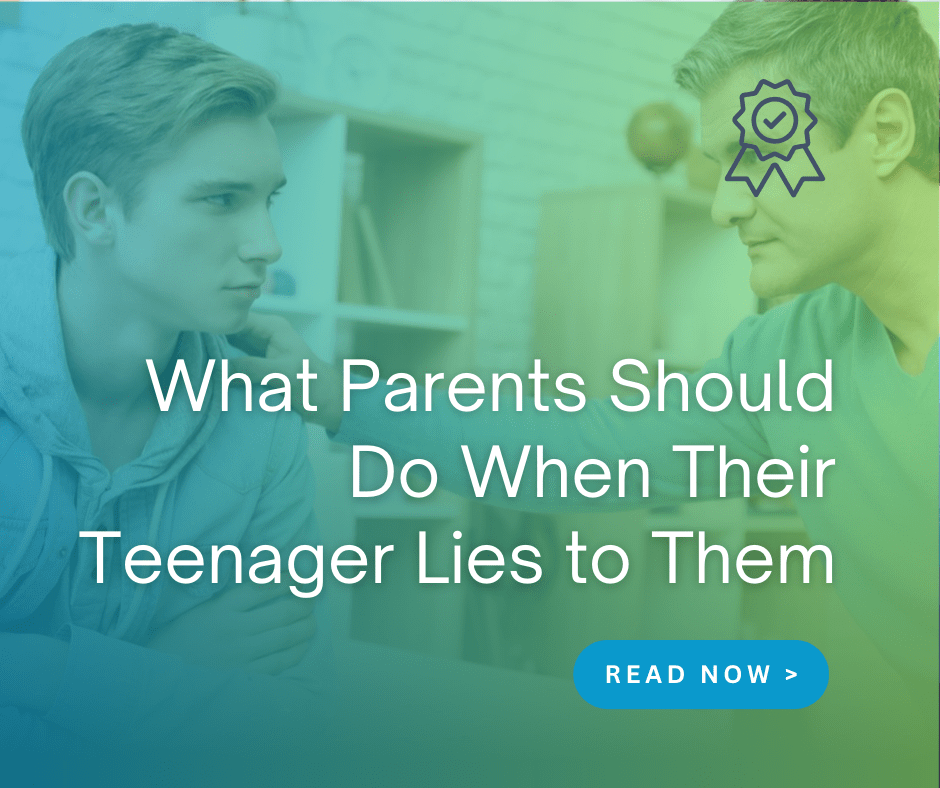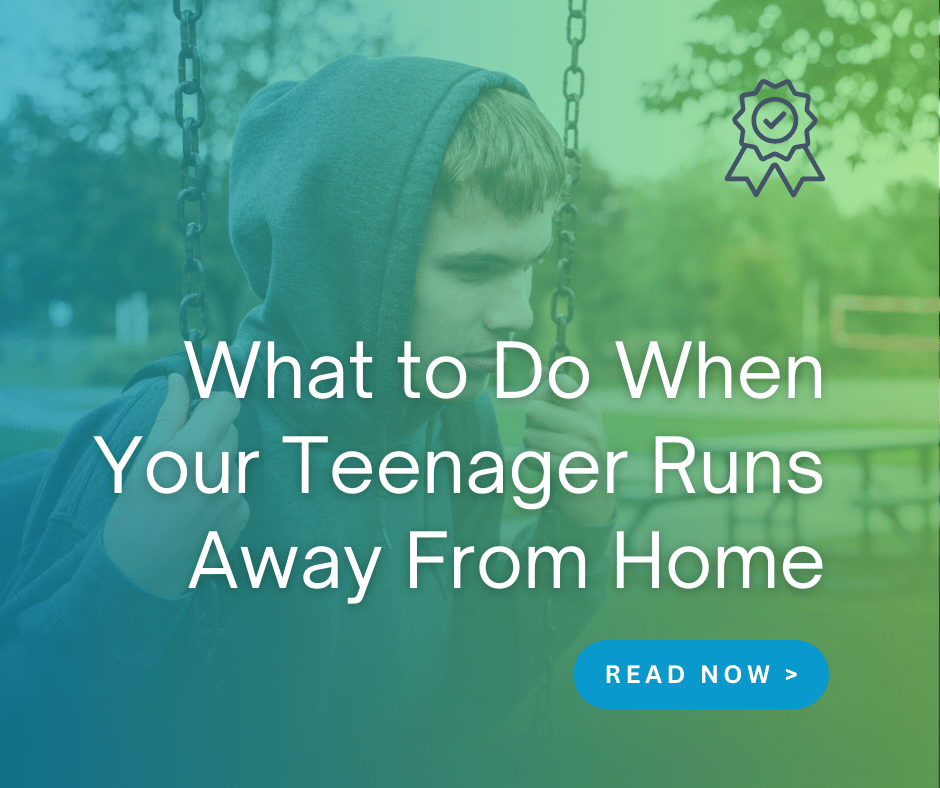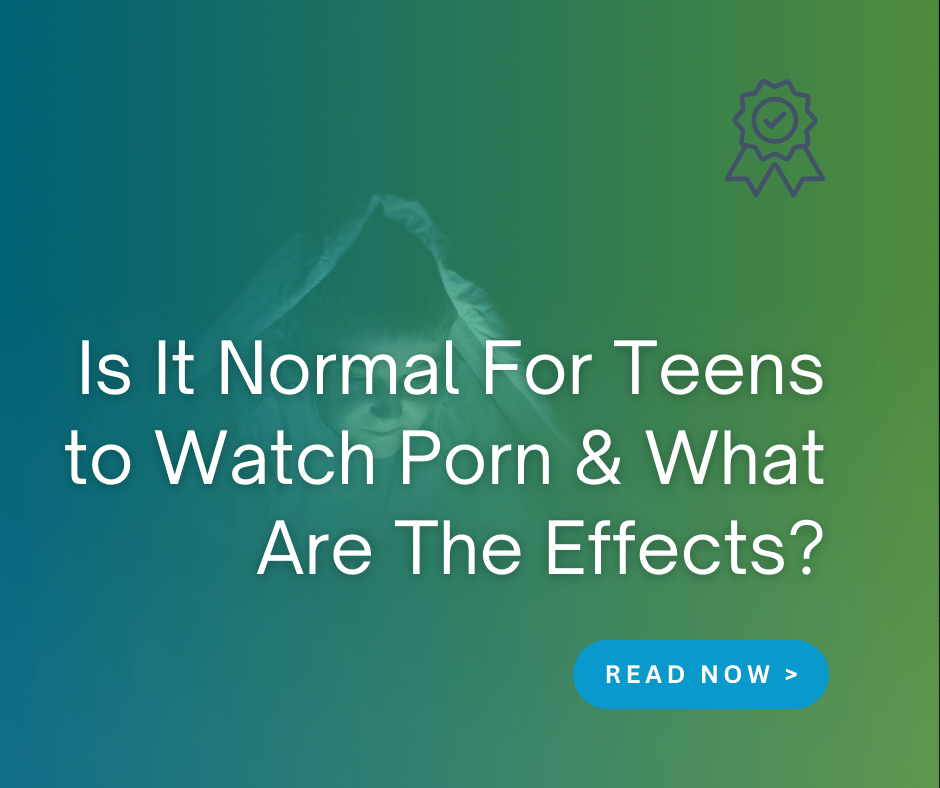It’s back to school season. Which means, during COVID, back to homeschooling.
In many districts, schools won’t open as usual this fall. Due to surging infection rates around the country, many schools will continue the distance-learning model. There’s also no projected date for when in-person classes will resume.
And while many adolescents and parents bemoan this decision, there are some adolescents who are, frankly, thrilled.
Because for them, school was misery. Teens struggling with social anxiety, low self-esteem, bullying, or other mental health or emotional issues are now happy they will not have to suffer through being at school in person every day.
At the same time, therapists and teachers say it’s not so simple.
Teens With Social Anxiety
Many teens with social anxiety, low self-esteem, or social-skills challenges have been thrilled since March. That’s when most schools around the nation shut down. These students are relieved that they don’t have to face groups of their peers at recess or lunchtime. They won’t have to experience sweaty, clammy palms each time someone taps them on the shoulder or looks at them face-to-face. Now, there’s a screen separating them from teachers and the rest of their classmates, and they’re miles away – literally – if they’re called on or asked to speak.
“He’s happier than he’s ever been since he’s been home, but I’m worried that once school reopens again, we’ll be back 10 steps,” says one special education teacher about one of her young charges. “During Zoom classes, I have to encourage him to speak up, interact with his peers, and participate in group work.”
Teens Who Have Been Bullied at School
Of course, one silver lining to closing physical campuses is that school bullying has practically been eliminated. Statistics show:
- 1 in 3 U.S. students overall say they have been bullied at school.
- More than 70% of students report seeing bullying happening in their schools.
- Most bullying takes place on school grounds, in the school building, and on the school bus.
Due to the prevalence of school bullying, victims may now rejoice at not having to meet their bullies every day. School bullying is responsible for hundreds of student absences per year. In California, for example, a 2017 study found that about 300,000 students missed at least a day of school in the month surveyed, due to bullying. This caused the state to lose about $276 million in state aid that year.
However, many say that the threat of bullying is not completely gone. There’s still cyberbullying. In fact, during COVID, with students increasing their time on digital devices, cyberbullying is on the rise. More time online has been linked to more opportunities for harassment. A recent report showed that rates of cyberbullying increased by 70 percent between March and April this year when shelter-in-place orders were at their peak.
For teens who had a core group of good friends in school, leaving behind this limited social interaction can make the sting of cyberbullying even worse.
Teen With Obsessive-Compulsive Disorder (OCD)
Many teens struggling with obsessive-compulsive disorder had a difficult time at school, which is full of high-traffic surfaces such as doorknobs, desks, books, and hundreds of peers in close proximity. Now, distance-learning has resolved most of those issues. Teens don’t have to avoid group activities for fear of sitting too close to another classmate or touching the same materials. They don’t have to skip P.E. because they’re too nervous to enter the gym. They can eat lunch without worrying about all the germs in the school cafeteria.
However, this lack of exposure to school may just make it harder for these teens to return to school once their campuses finally do re-open, says Alyson Orcena, LMFT, Executive Clinical Director of Evolve Treatment Centers.
“It’s a catch-22. Now that they’ve gotten so used to controlling their own space, it might be much harder to go back.”
Help From a Mental Health Professional
After a prolonged absence that might have given these students a sense of relief, comfort, and safety, going back to school might be difficult. That’s why we recommend seeking help from a mental health professional if and when schools announce that they’ll reopen.
If your teen seemed much happier these past few months, that could indicate they were really suffering at school. This means you’ll need to get them professional help before in-person classes start. Whether it’s social-skills therapy, trauma coaching, exposure therapy, or other mental health treatment, they’ll need to be prepared sufficiently before going back.












